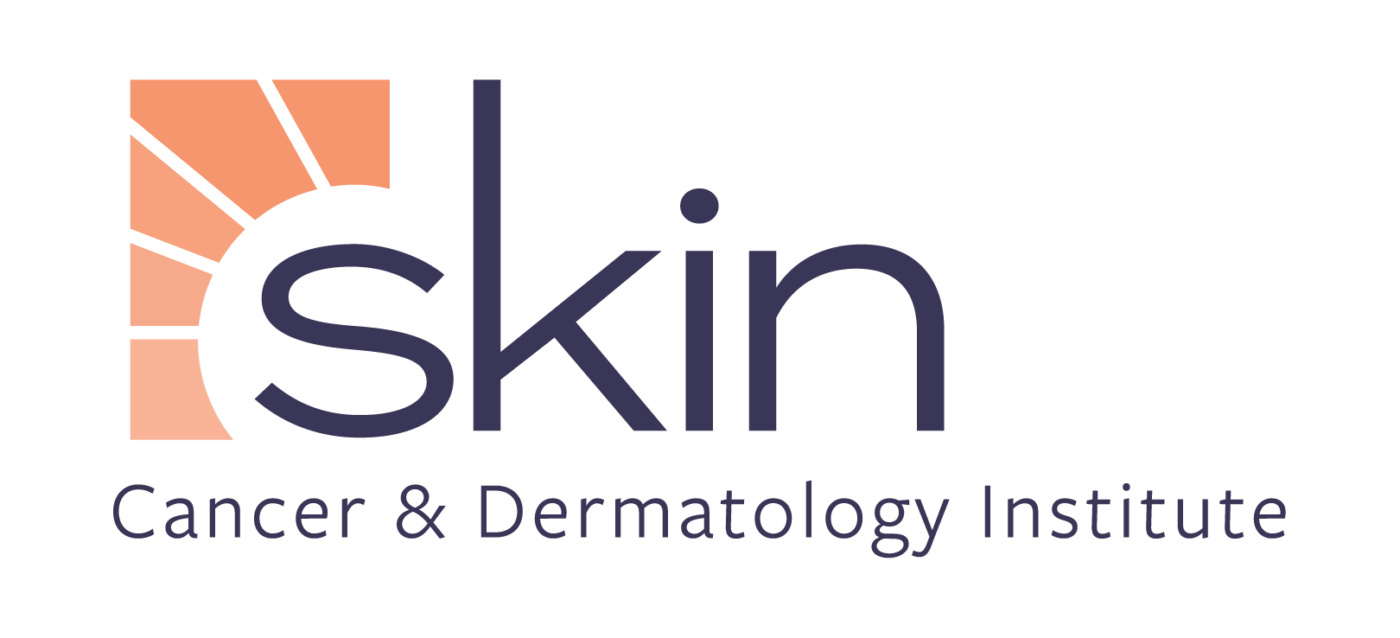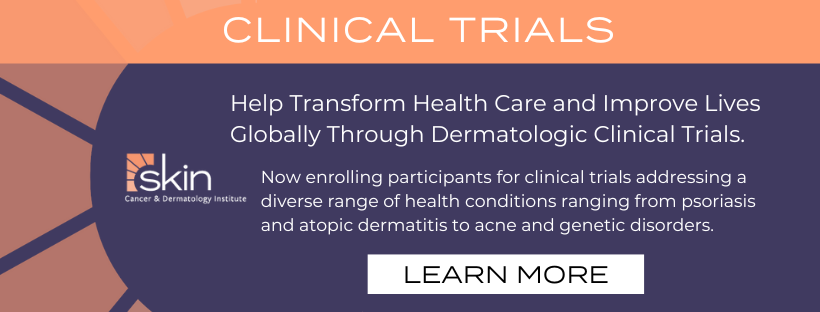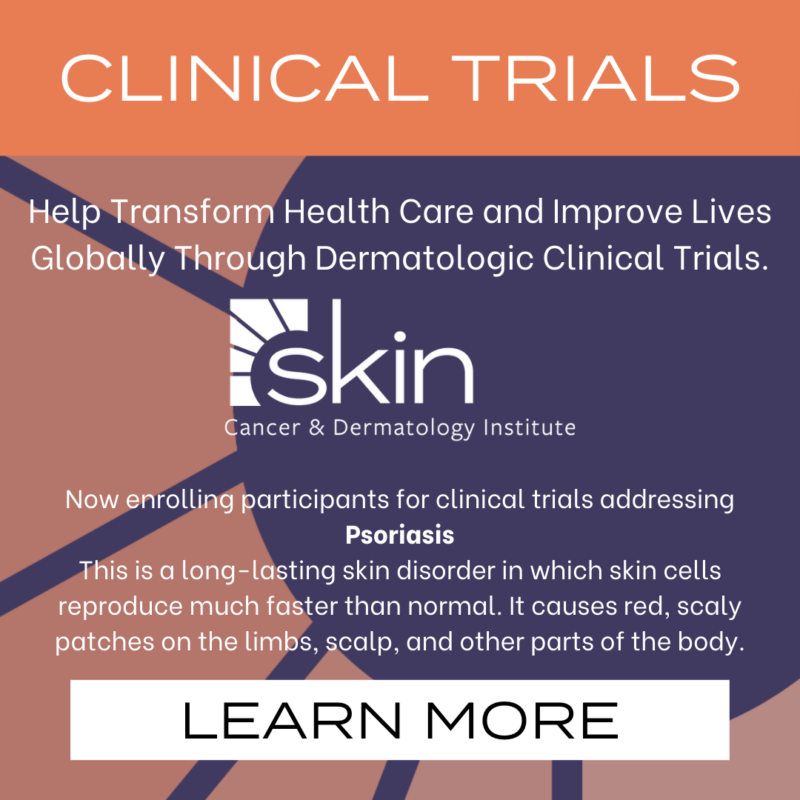PSORIASIS
Home » MEDICAL »
Psoriasis is a long-lasting skin disorder in which skin cells reproduce much faster than normal. It causes red, scaly patches on the limbs, scalp, and other parts of the body.
While a normal skin cell matures and falls off the body within 30 days, a psoriatic skin cell takes only three or four days to mature and move to the surface. Instead of falling off, the skin cells pile up and form lesions.
Though not contagious, the scaling and unpleasant appearance of lesions (especially if left untreated) can cause embarrassment, and be a significant source of anxiety or even depression. Psoriasis can also interfere with sleep and make everyday tasks difficult.
Plaque Psoriasis
Plaque is by far the most common form of psoriasis. Characterized by thick, itchy and red patches of skin with a white or silvery layer on top, this condition typically forms on the elbows, knees, back, or scalp, but can appear elsewhere. Plaque psoriasis is closely correlated with stress, anxiety, and depression.
Guttate Psoriasis
Guttate is the second most common form, characterized by red scaly spots appearing on the body. This skin condition is often triggered by a bacterial infection such as strep throat.
Inverse Psoriasis
Inverse psoriasis is characterized by red, smooth, and shiny patches forming in folds of skin such as armpits, breasts, or genitals.
Scalp Psoriasis
This isn’t a separate type but the scalp is one of the most common places that people get it, with as many as half of instances happening on the scalp. This can include spreading to the forehead, back of the neck, and behind the ears as well.
It often comes with symptoms such as dandruff-like flaking, itchy or dry scalp, and hair loss.
Treatment
Although there is currently no cure, there are multiple treatments available to improve the condition. Treatments typically include topical steroids, non-steroidal topical medications, light therapy, or systemic medications. Our Skin Cancer & Dermatology Institute Board-Certified Dermatologists may administer topical or oral medications and biologic agents to block the activation of skin cells.
XTRAC Laser is sometimes used for treating psoriasis, vitiligo, and atopic dermatitis. It delivers a highly targeted therapeutic beam of UVB light to areas of affected skin without harming the surrounding skin.
XTRAC therapy is performed two to three times per week and each treatment is approximately 10-15 minutes long. XTRAC is safe for patients of all ages and is painless, quick, and has no side effects. It is also often covered by most major insurances and Medicare.
You can schedule an appointment with one of our Dermatologists in our Greater Reno-Tahoe area locations to discuss your psoriasis and any treatment recommended.













